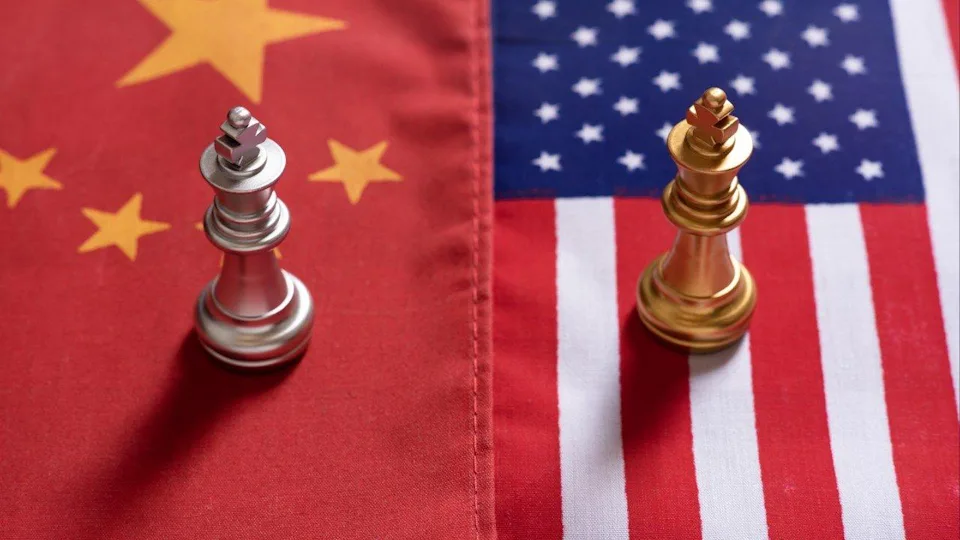
Washington should take more aggressive “grey-zone” strategies – warfare just short of armed conflict – to tackle China and Russia, according to a group of US military strategists including former defence chief Chuck Hagel.
In recommendations published by US think tank the Atlantic Council last month, the strategists said China and Russia had conducted unconventional offensives against the US, including online cyberattacks, and misinformation and disinformation campaigns.
As a result, the US military must “defend more aggressively and take offensive actions in the grey zone”, especially in the areas like information, intelligence and cyberspace, they said.
Do you have questions about the biggest topics and trends from around the world? Get the answers with SCMP Knowledge, our new platform of curated content with explainers, FAQs, analyses and infographics brought to you by our award-winning team.
Moreover, such hybrid warfare must involve not just the military but all of the government, including the country’s diplomatic, economic, financial and developmental wings.
The think tank’s suggestion comes as the administration of US President Joe Biden readies to release its national security and defence strategies in the coming weeks.
The new strategies are expected to again identify China and Russia as the key threats that “put at risk US global power and prestige” and identify ways to counter them.
The report by the Atlantic Council’s Clementine Starling, Air Force Lieutenant Colonel. Tyson Wetzel, Christian Trotti and former defence secretary Hagel called for the United States, with allies and partners, to “change the game and reshape the environment in their favour” and force China and Russia to play.
The Pentagon has already taken steps into the grey zone, but with tensions rising, particularly over flashpoints like Taiwan and Ukraine, the move should be more aggressive and offensive, the authors argued.
For example, as part of information warfare, the US could release embarrassing information about competitors such as leadership corruption and crackdowns on civil liberties.
